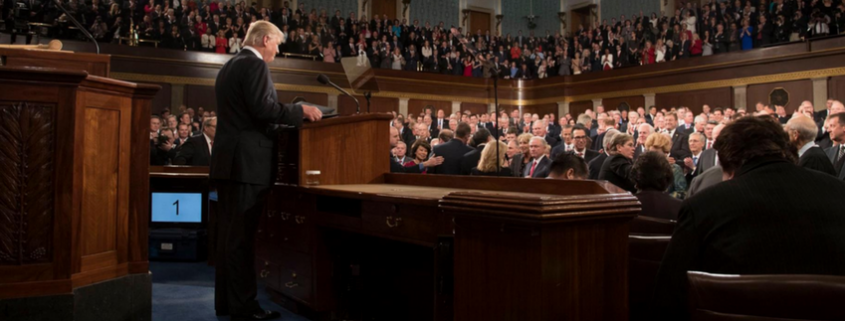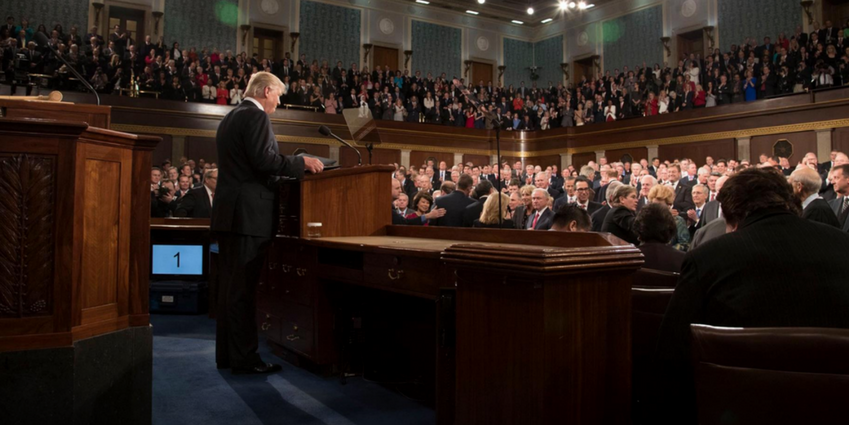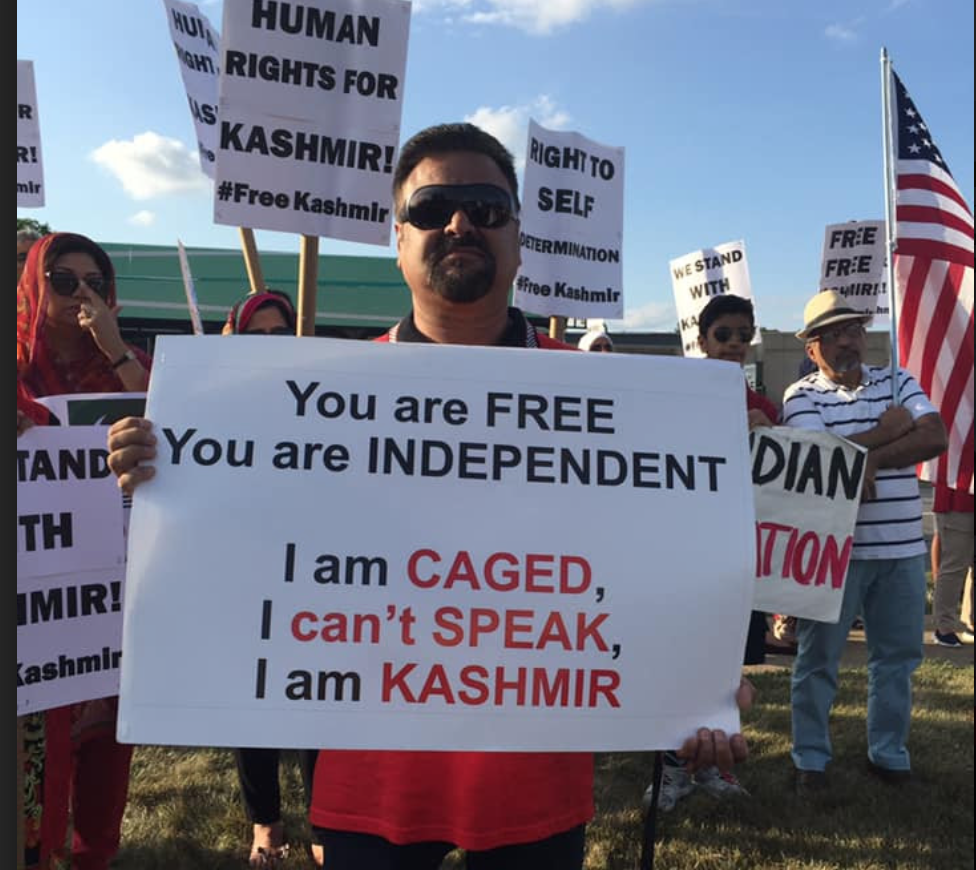Trump Asks Supreme Court to Block Travel Ban Ruling
by Aysha Qamar
The U.S. Justice Department asked the U.S. Supreme Court to block a judge’s ruling that prevented the President’s travel ban from being applied to grandparents of U.S. citizens and refugees already being processed by resettlement agencies, Friday.
In a court filing, the administration asked the justices to overturn Thursday’s decision by a U.S. district judge in Hawaii, that limited those affected by the administration’s temporary ban on refugees and travelers from six predominately Muslim countries.
The Hawaii federal judge ruled that grandparents, aunts, uncles, cousins, nieces, nephews, and siblings-in-law must be added to the list of close family members, who can still get visas to travel to the United States during the 90 days while the executive order is in force.
Last month, the Supreme Court announced it would hear a challenge to the travel ban later this year, but partially lifted an injunction that barred the order from taking effect.
The State Department said on June 29 that only parents, parents-in-law, spouses, fiancés, children, and children-in-law would be exempt from the ban on visas for travel.
It acted after the Supreme Court stated that while aspects of the travel ban could be enforced, people abroad with credible claim of a “bona fide relationship” to a person or entity in the U.S. would be exempt and allowed into the country.
In response to a motion by the state of Hawaii to broaden the exceptions, U.S. District Court Judge Derrick Watson said the State Department’s definition of close family member “represents the antithesis of common sense.” Grandparents, he said “are the epitome of close family members” and past Supreme Court decisions have defined the term much more broadly.
Watson, appointed by former President Barack Obama, was one of the federal judges who issued a nationwide injunction blocking Trump’s initial and revised ban.
While the Trump administration argued that directive did not include grandparents, uncles, aunts, nieces, and nephews-Watson said that the administration’s definition of “bona fide relationship” was too narrow, and ruled that grandparents were also among those allowed into the country.
During the court filling, the Justice Department said Watson’s ruling on refugees would make the Supreme Court’s decision on that part of the executive order “effectively meaningless” as it included not just “close” family members but all.
The ruling would allow for refugees to continue to resettle in the United States, beyond a cap of 50,000, which was set by the executive order.
While the Supreme Court is currently not in session, it can hear emergency requests.
The administration’s application could be directed either to Justice Anthony Kennedy, responsible for emergency requests from western states, or to the nine justices together. If the court as a whole is asked to weigh in, five votes are needed to grant a request.
“The Supreme Court has had to correct this lower court once, and we will now reluctantly return directly to the Supreme Court to again vindicate the rule of law and the executive branch’s duty to protect the nation,” Attorney General Jeff Sessions said in a statement.
Lawyers for the Trump administration have asked the Supreme Court to let the government use the list it compiled in June for deciding who can apply for a visa under the limited enforcement of the president’s executive order on travel.

















2017
1,437 views
views
0
comments